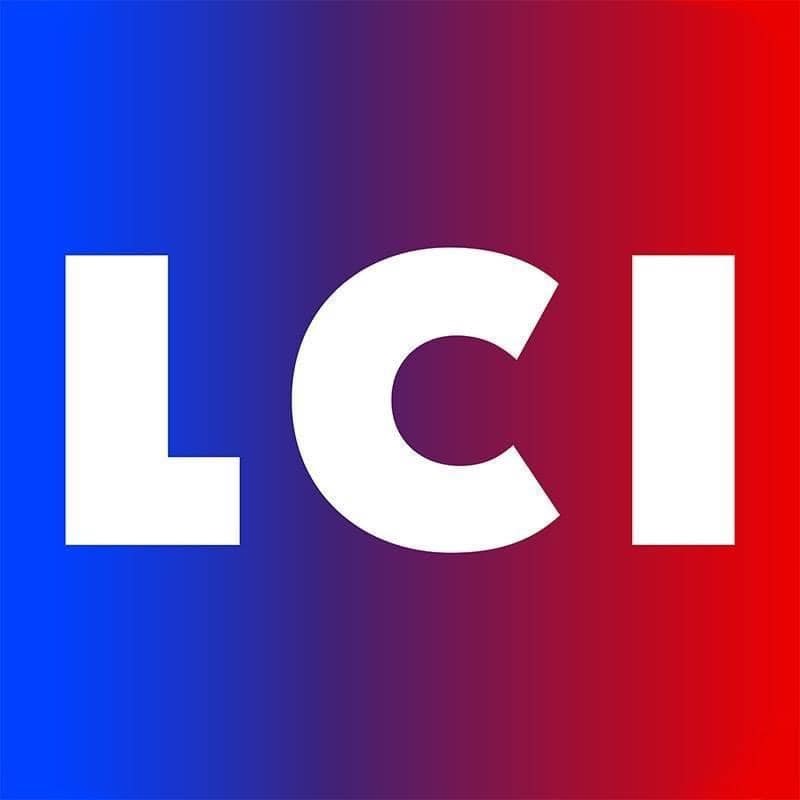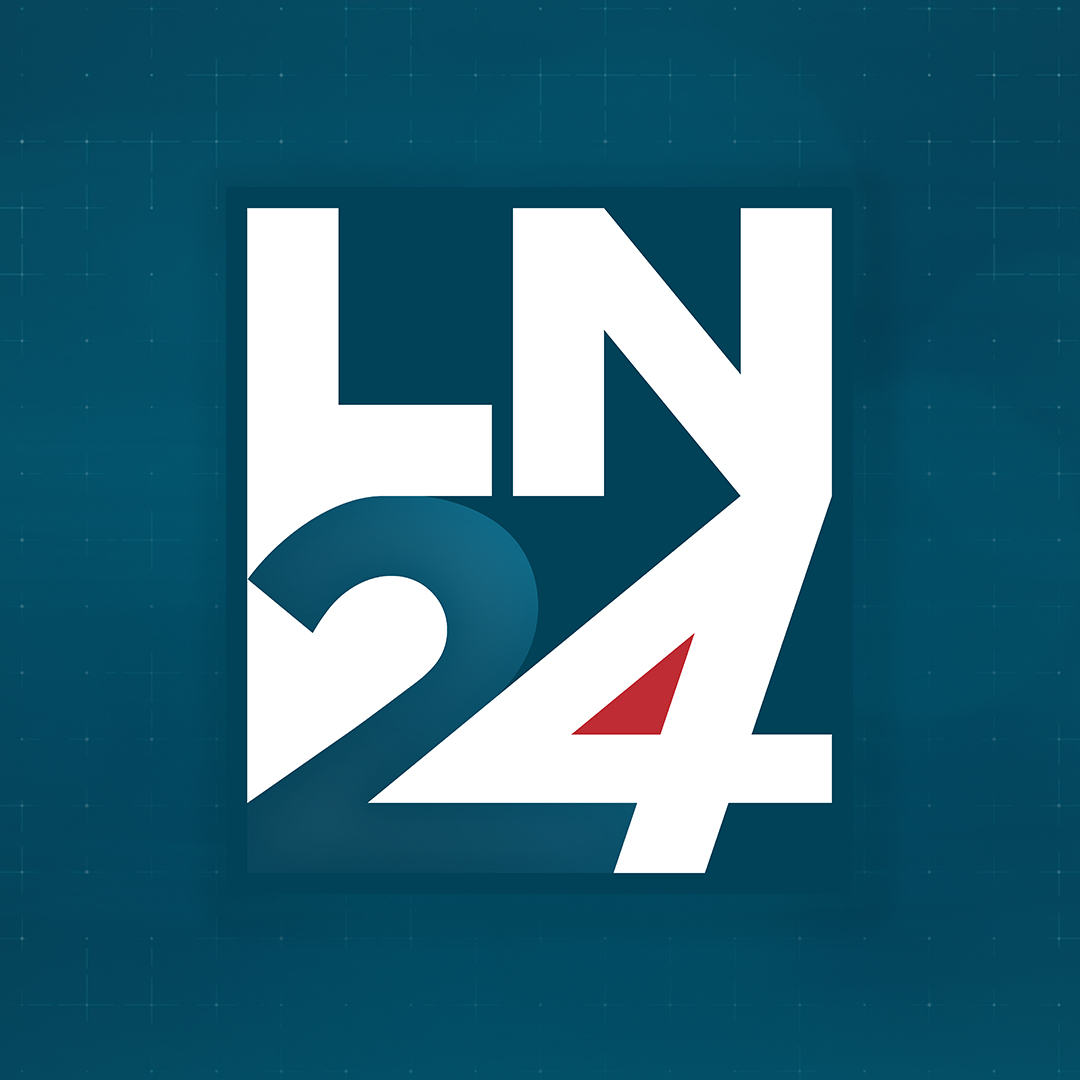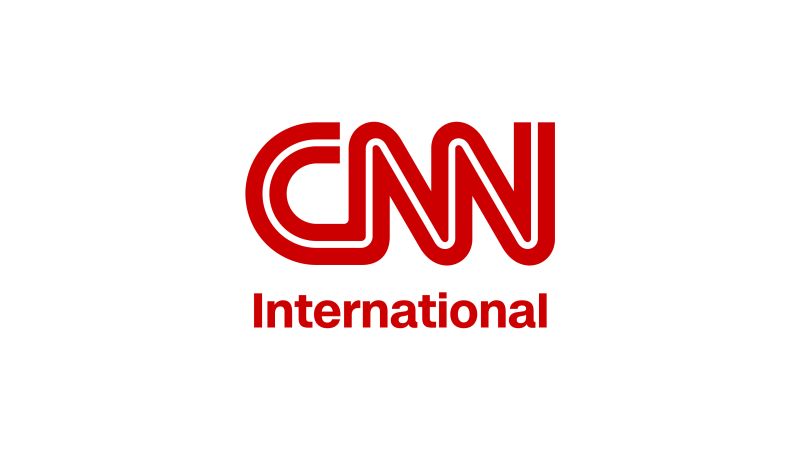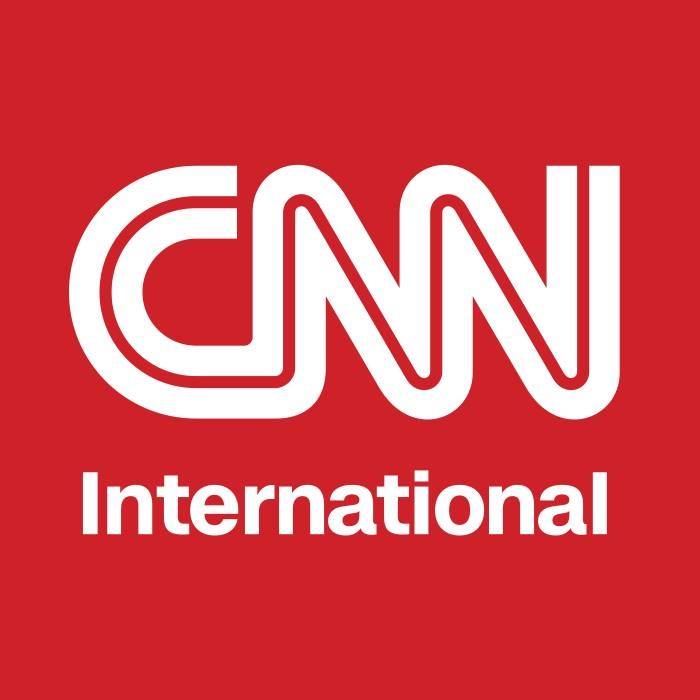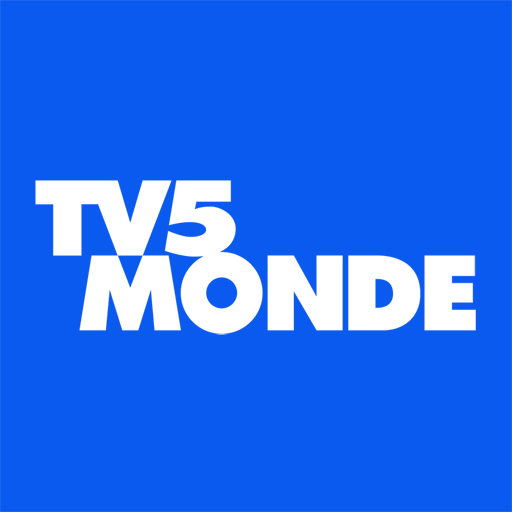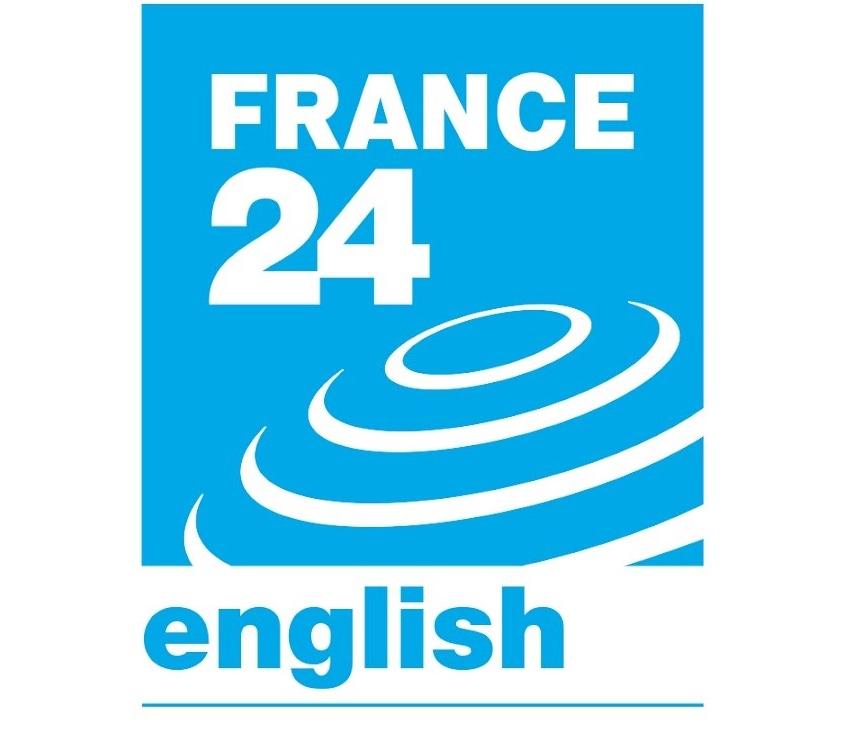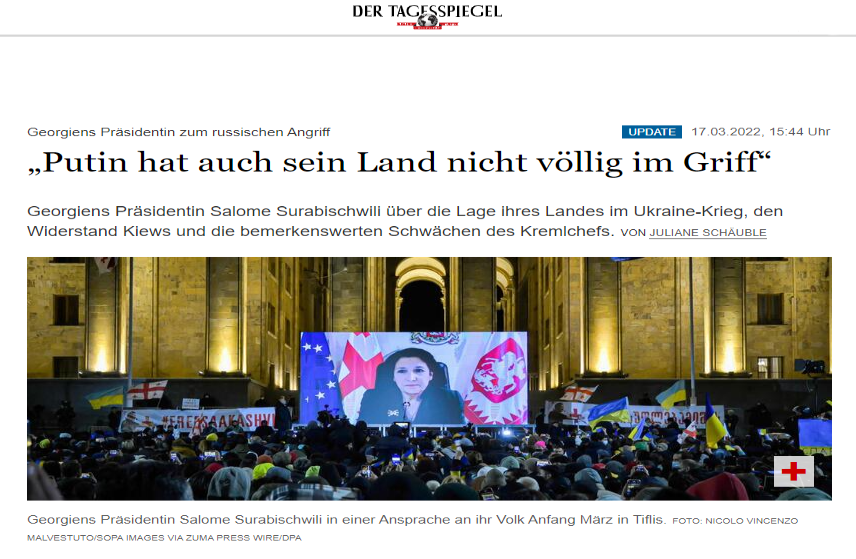
Mme. Zourabichvili, after the Russian attack on Ukraine, tens of thousands demonstrated in Tbilisi - the expressions of solidarity and protests were earlier, larger and more sustained than in most other countries. What do Georgians fear?
Shows of solidarity for Ukraine have nothing to do with fear. They go back to the longstanding friendship between our countries. We were both part of the Russian Empire, we both fought for our independence in 1918 only to be incorporated into the Soviet Union against our will and suppressed. In 1991 we regained our independence against Russia by instigating separatist conflicts. Ukraine and Georgia have a lot in common. This explains the spontaneous reaction of Georgian civil society, which sided with Ukraine.
They also had similar experiences 14 years ago.
In 2008 we saw exactly what Ukraine is going through today: a military attack by Russia , which in our case ended with the recognition of two breakaway, so-called "independent" republics, South Ossetia and Abkhazia. Much is reminiscent of the situation in the Ukrainian separatist regions of Donetsk and Luhansk - with the big difference that it has now become a full-blown war across the country. In Georgia, the war had not reached the capital.
What is the situation in your country - are there new tensions in Abkhazia and South Ossetia?
No, mainly because Georgia has unilaterally declared that it will never use force to try to regain these territories. We also have no troops stationed at the administrative border line. It is interesting, however, that the leaders in the two "people's republics" claim that there are provocations from the Georgian side. They are concerned because the Russian military, which is vital in these separatist regions, has been thinned out. Russia has withdrawn forces and equipment from there and sent them to the front in Ukraine. In addition, there is the official announcement from Moscow that the separatists will have to take care of their own financial affairs and that their funding will be restricted. So there is great concern in those regions, not because of us, but because Russia is showing signs of weakness.
Some experts think Russian President Vladimir Putin could lose this war. How do you see it?
Nobody can currently say with certainty how the war will end. What is certain is that it is not going the way Putin intended. He provoked reactions he hadn't expected: he neither foresaw the European Union's demonstration of unity, nor the resolute position that France and Germany took in the conflict - something the Russians weren't used to in the past . He also underestimated the mobilization of the Ukrainians, which he could have known better if he had studied history: Ukraine resisted the aggressions of Hitler and Stalin for a long time - even long after the war. That can sometimes be called a tradition.
Has Putin overreached himself?
He at least hoped that the Ukrainian leadership would give up quickly. That obviously didn't happen - and suddenly this impressive military force doesn't look so impressive anymore, in fact it seems demoralized. Some of the equipment seems to be outdated. There is much to suggest that this was not planned as a lengthy operation. The fact that Putin is now turning to China and asking for military equipment and food rations for the soldiers in Ukraine reveals weakness - even if Putin is happy to stoke fears of such an alliance.
You mentioned the EU's firm response to Putin's attack. Your prime minister, however, has condemned the sanctions imposed by the West - which you have criticized.
I have not criticized this position. It's a little more complicated. We implement many of the sanctions, for example all financial penalties. We also have our own sanctions: we have no diplomatic relations with Russia, there are no direct flights, and the two occupied territories mean quasi-permanent sanctions for us. Georgia supports all international community resolutions condemning Russia. We do what we can. But our situation is special because of the occupied territories and because we belong to the Western-oriented countries that are not protected by membership in NATO or the EU. Our partners recognize that. Even if our possibilities are somewhat limited: our solidarity is limitless. On Monday I made my annual speech in Parliament, and the representative of Ukraine was present at this session, as in many other parliaments. Georgia is part of the international community in its response to this terrible war.
Two weeks ago you yourself were in Paris and Brussels to campaign for support for EU membership. How high are your hopes that this could actually quickly become a reality?
Ukraine's resistance has changed Europe. I think there is a growing realization that these lengthy accession processes no longer fit the expectations of those countries that are not yet in the EU and will never again be part of a Soviet Union or a similar construct. One thing is clear: something has to be done, and it has to be done faster and more politically than before.
Does this also apply to NATO?
I tend to see new political perspectives in the EU . This is where the rethinking takes place.
Based on your experience in 2008, what advice would you give the government in Kyiv?
Nobody can give Kyiv any advice at the moment. Because the government is mastering this situation in an impressive way: both in terms of unity at home and international diplomacy. I can't think of a country in recent history that got the international community behind it better. President Volodymyr Zelenskyy keeps the pressure up every minute. So I wouldn't dare give him any advice on how to do better.
I can't imagine Putin seeing any sign of weakness right now. As the leader of an authoritarian country, he may think the West needs to demonstrate more military might. But he will soon understand that democracies behave differently. It is not the military means that are decisive, but the unity of the societies, sanctions, a free public. Putin is trying to control all information in Russia. But we're already seeing that he's less in control of his own society than he apparently thought.
